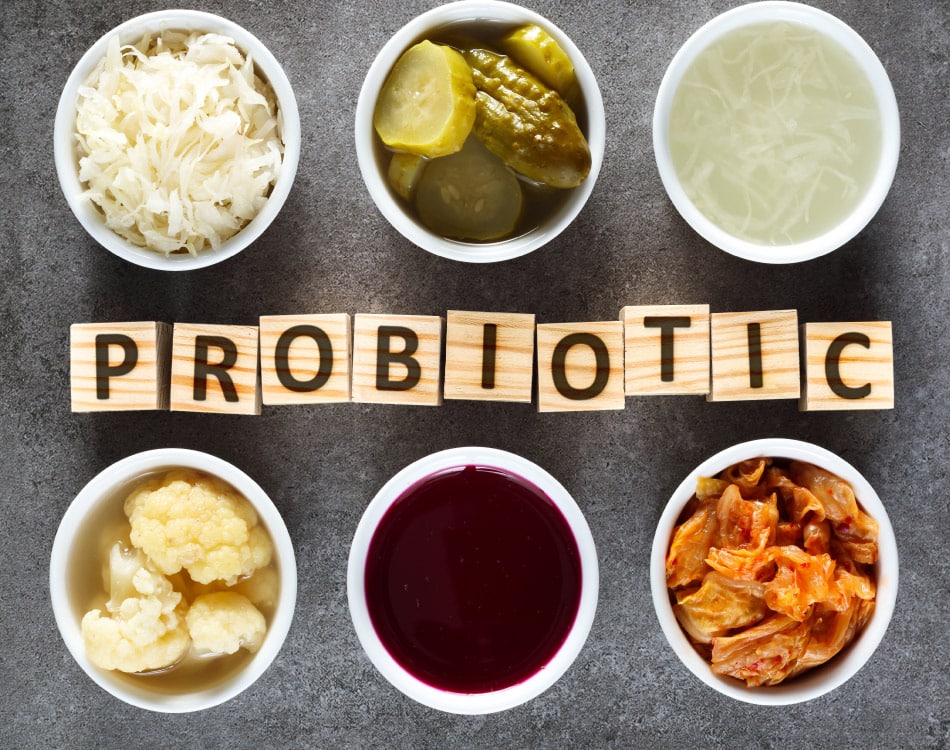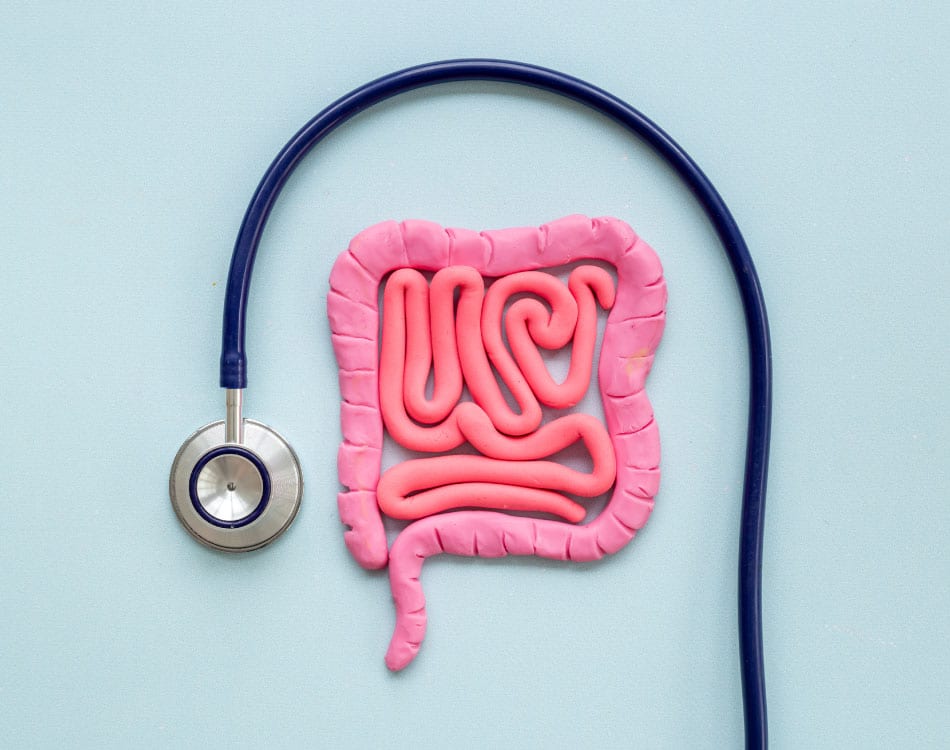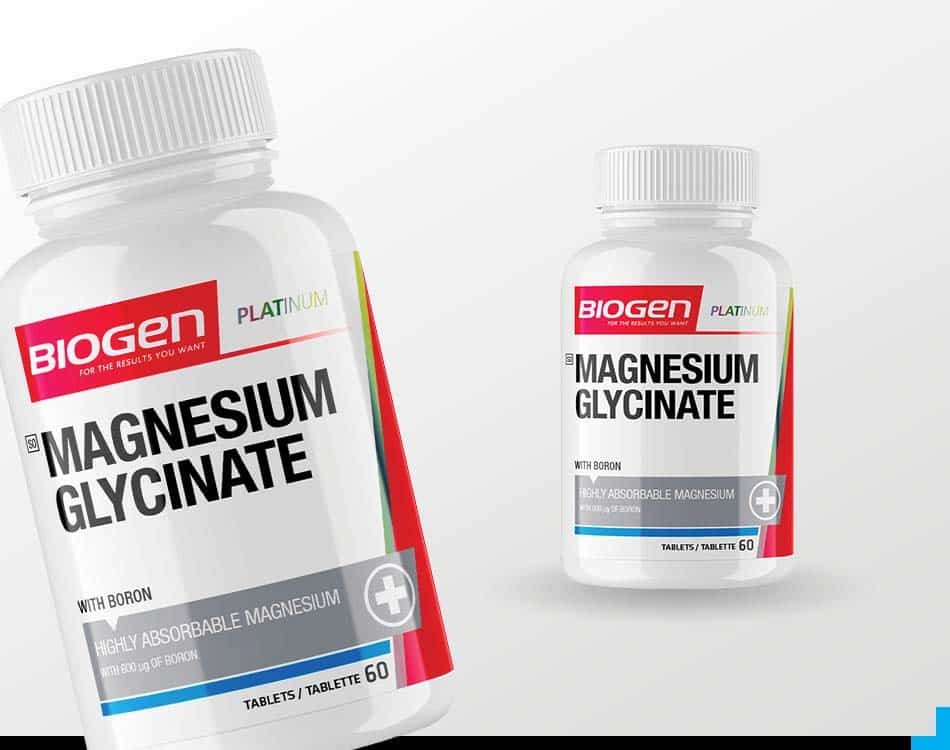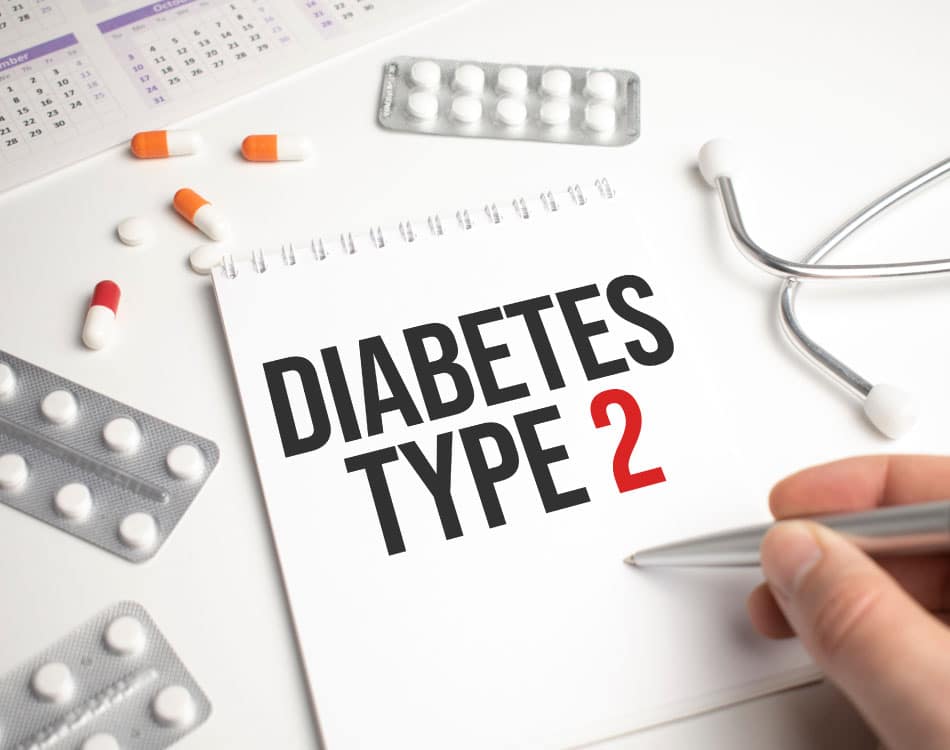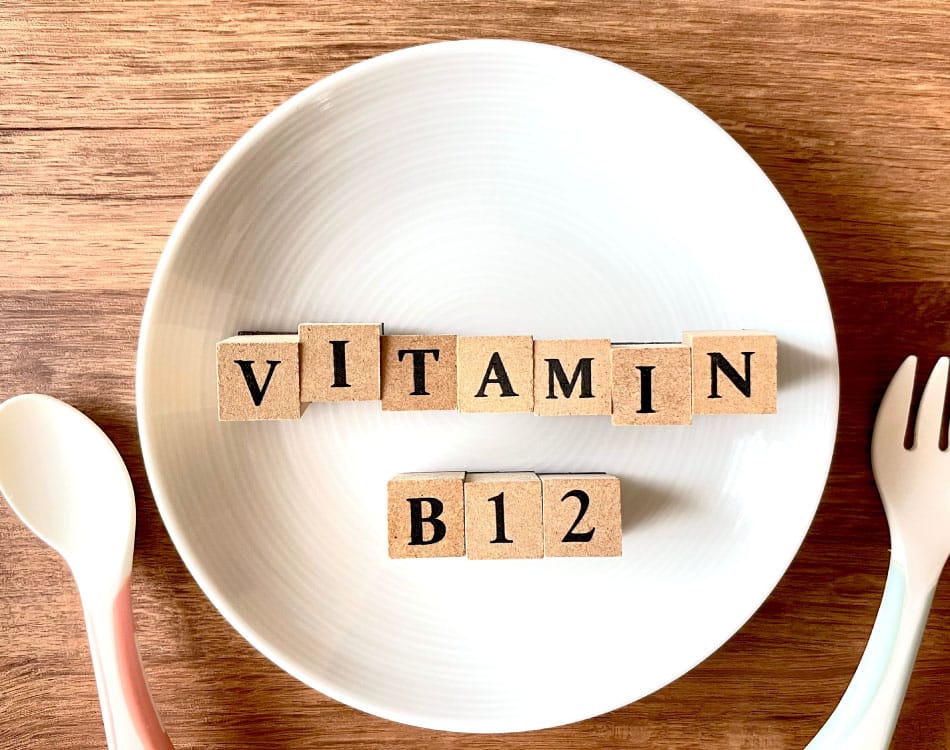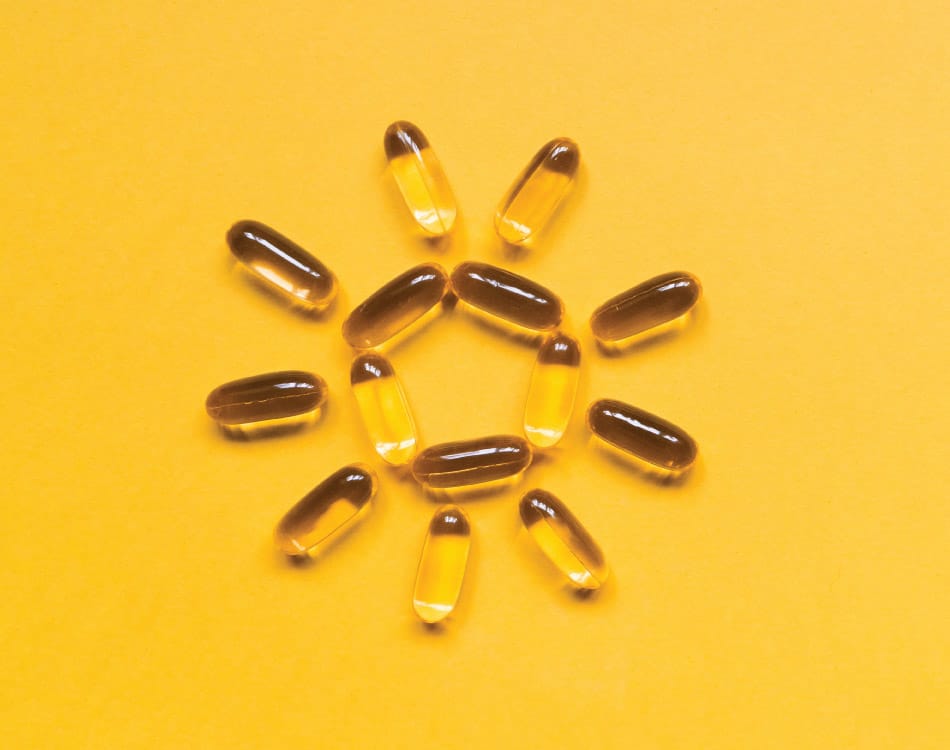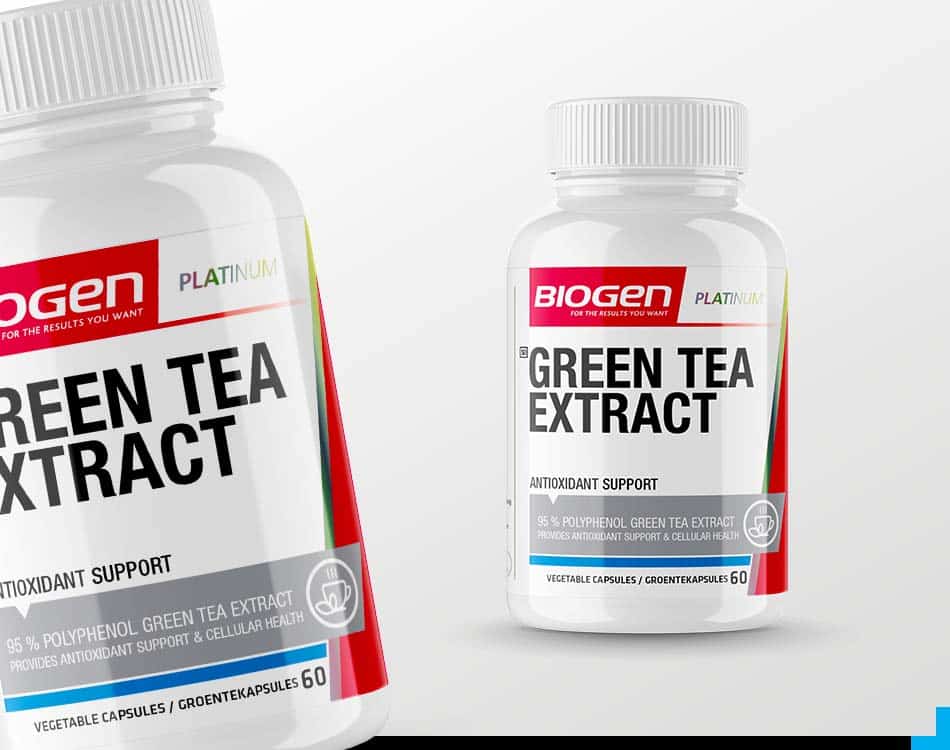Over the last few years, an emerging body of research has affirmed more of the immune-boosting and health benefits that come from probiotics.
As our understanding of the complex microbiome that resides in our gut has evolved, research has discovered the intricate relationship that exists between our gut and our immune system.
What we know today is that our guts house a significant portion of the body’s immune system, and this interrelationship plays in an important role in our overall health and general well-being.
The connection between the two is referred to as the gut-immune axis and incorporates multiple facets, including both physical and chemical barriers and defense mechanisms.
READ MORE | What’s The Difference Between Good And Bad Gut Bacteria? We Explain
Multiple roles in immunity
A study1 published in the Annals of Nutrition and Metabolism in 2019 affirmed the multiple roles that probiotic bacteria play in our overall immune response.
The research team sought to describe the immunological mechanisms of probiotics and their beneficial effects on human health.
After uncovering a host of beneficial effects on the immune system, the researchers concluded that probiotic bacteria “have significant effects on the functionality of the mucosal and systemic immune systems through the activation of multiple immune mechanisms”.
In this regard, the mucosal barrier that lines the intestinal wall is made up of specialised cells, including epithelial cells and mucus-producing cells, that create a protective barrier, preventing harmful substances and pathogens from entering the bloodstream.
Our guts also contain gut-associated lymphoid tissue (GALT), a network of immune cells and tissues, including lymph nodes and specialised immune cells called lymphocytes. These components work together to detect and respond to pathogens, toxins, and foreign substances in the gut.
In addition to the role they play in digestion, nutrient absorption, and metabolism, the trillions of microorganisms (beneficial bacteria, viruses, fungi, and other microbes) that live in a healthy and balanced gut – collectively known as the gut microbiota – train and modulate the immune system.
These common microorganisms also communicate with various immune cells (lymphocytes, macrophages, and dendritic cells) that live in the gut through chemical signals and cytokines to coordinate our body’s immune response, which is necessary to identify and eliminate pathogens, regulate inflammation, and promote tissue repair.
READ MORE | Restore Gut Health After Antibiotics
Bacteria and immune cell interactions
In a more recently published study2, a research team from Italy lead by Chiara Mazziotta from the Department of Medical Sciences at the University of Ferrara, took a deeper dive into how probiotic bacteria and immune cells interact to improve immune functions, uncovering the mechanism of action and the beneficial effects on human health.
In the research paper, published in the journal Cells in January 2023, the researchers explain that “probiotic bacteria can interact and stimulate intestinal immune cells and commensal microflora to modulate specific immune functions and immune homeostasis”.
After reviewing the most recent scientific results and the resulting implications of how probiotic bacteria and immune cells interact to improve immune functions, the researchers concluded that:
“Broad evidence indicates that intestinal immune cells interact with consumed probiotics, and this interaction can improve host immune homeostasis and immune function.”
The study also provided a more detailed analyses of how consumed probiotics specifically mediate the activation or modulation of both innate and adaptive immune responses in the intestine.
Ultimately, the researchers concluded that probiotics can “improve the host immune system and induce important beneficial effects, allowing the prevention and/or management of immune/inflammatory-related diseases, including IBD, IBS, inflammation, diarrhea, pathogenic infections, infant colic, and certain cancer types”.
READ MORE | Improve Digestion And Gut Absorption To Get The Most From Your Diet
Close interrelationship
Based on the available research, with new studies emerging at regular intervals, we can say with confidence that the gut and immune system are closely intertwined.
As such, maintaining a healthy gut and a balanced gut microbiota through a wholesome diet that includes natural sources of probiotics, with support from probiotic supplements, we can boost immune function and our overall health.
Ideal sources of probiotics include:
- Yoghurt: Look for plain yoghurts that contain live or active cultures.
- Kefir: A drink made by fermenting milk with kefir grains, which are a combination of various strains of beneficial bacteria and yeasts.
- Sauerkraut: Cabbage that undergoes a natural fermentation process. It is rich in lactic acid bacteria. Opt for unpasteurised sauerkraut.
- Kimchi: A traditional Korean side dish made by fermenting cabbage and radishes that contains beneficial bacteria.
- Miso: A traditional Japanese seasoning made from fermented soybeans, rice, or barley that contains probiotic bacteria.
- Tempeh: An Indonesian fermented soybean product made using a fungus called Rhizopus oligosporus.
- Kombucha: A fermented tea beverage made by fermenting sweetened black or green tea with a symbiotic culture of bacteria and yeast (SCOBY).
- Probiotic supplements: Dis-Chem carries a wide range of probiotic supplements that contain various strains and different combinations of bacteria and varying colony forming unit (CFU) counts to meet your individual gut health needs.
References:
- Carolina Maldonado Galdeano; Silvia Inés Cazorla; et al. Beneficial Effects of Probiotic Consumption on the Immune System. Ann Nutr Metab (2019) 74 (2): 115–124.. https://doi.org/10.1159/000496426
- Chiara Mazziotta, Mauro Tognon, et al. Probiotics Mechanism of Action on Immune Cells and Beneficial Effects on Human Health. Cells. 2023 Jan; 12(1): 184. Published online 2023 Jan 2. doi: 10.3390/cells12010184

